When we hear about steel, we typically think of American producers struggling. One domestic steelmaker, however, is growing rapidly: Nucor. Short for “Nuclear Corporation of America,” the company’s roots began in the early 1900s as part of the new automobile industry. In the 1960s, it purchased steelmaker Vulcraft, beginning its diversification into different types of steel. This year, the company is making a major expansion in Utah by adding a fourth $200 million plant as part of its existing Brigham City facility. The new plant is intended to help Nucor capitalize on the growing demand for steel in expanding Western cities.
Nucor’s emergence in the West occurred in 1981 with a “mini mill” built in Plymouth, Utah. Since 1969, Nucor has used these smaller mills to operate more flexibly and efficiently, helping avoid some of the problems older steelmakers face in the Northeast. The use of mini-mills helped Nucor grow into the second-largest U.S. steelmaker by the mid-1990s, with operations around the country. It also focused on research and development, with new innovations cutting costs, improving efficiency, and reducing pollution emissions in the early 2000s.
Nucor Is Growing Despite Tough Foreign Competition
The rapid growth of Nucor since the 1960s is contrary to the struggles imposed on other steelmakers by foreign competitors, especially from Asia. Analysts say Nucor’s flexibility has helped it survive cyclical downturns and temporary decreases in the market price of steel due to floods of imported steel. It also actively recycles scrap steel, which is more efficient than producing from ore alone. This allows Nucor to continue to produce below prices necessary for its older rivals.
Nucor has also partnered with Japan’s Yamato Steel since 1987, creating a joint venture. This combined effort has allowed Nucor-Yamato Steel to create the highest-quality steel beams for construction in North America. Its focus on research and development has kept its product in high demand, but the company is still subject to overall downturns in U.S. demand for steel, such as lower investment in infrastructure. However, Nucor and other domestic steel producers hope to see an increase in steel demand due to federal infrastructure investment.
U.S. Steel May Sell Parts of Operations to Nucor
The news has been abuzz recently regarding the potential sale of iconic steelmaker U.S. Steel to a Japanese firm. While the federal government has blocked the sale so far on national security grounds, pressure remains to allow the sale. Previously, Cleveland Cliffs had offered to buy some U.S. Steel facilities, but now has partnered with Nucor to be able to purchase the entire company. Cleveland Cliffs would purchase U.S. Steel outright, and then sell portions of the company (Big River Steel subsidiary) to Nucor. This deal would allow U.S. Steel’s headquarters in Pittsburgh to remain intact and remove the potential national security threat of losing significant domestic steel production. This proposal will likely receive support from outgoing U.S. President Joe Biden and incoming President Donald Trump, as both opposed the Japanese acquisition of U.S. Steel.

